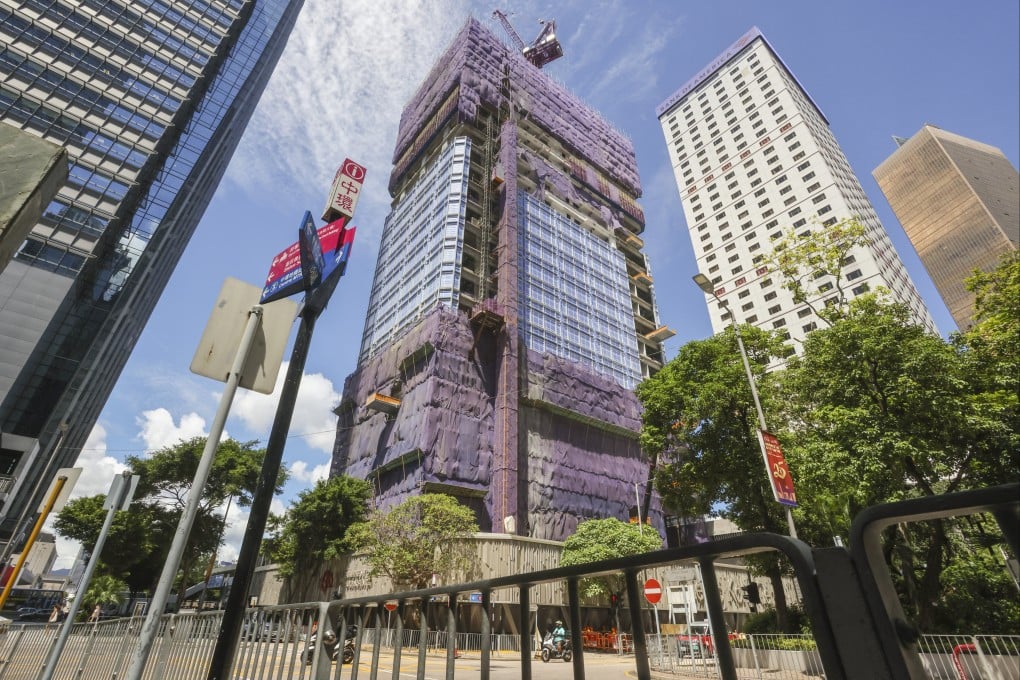Growing glut of new prime Hong Kong office space could further depress rents as ‘new normal’ sets in, analysts say
- With 2.8 million sq ft of new prime space hitting the market this year, supply will reach a level not seen since 2008, consultancy says
- Major lease signings, such as at Swire Properties’ Two Taikoo Place in Quarry Bay, are helping some developers weather the storm

Hong Kong’s supply of new prime office space is at a 24-year high, and rents are likely to drop by as much as 5 per cent this year as the market heads for a “new normal” with rents as much as 30 per cent below a 2019 peak, according to analysts.
With 2.8 million sq ft of new prime space hitting the market this year, supply will reach a level not seen since 2008, when it stood at 3.5 million sq ft, according to property consultancy Cushman & Wakefield.
Moreover, analysts estimate that the supply of new office property will grow to between 4.3 million and 6 million sq ft in the next two years, putting further downward pressure on rents.
So far this year, overall office rents have retreated by 1.7 per cent to HK$55.10 (US$7) per square foot, according to Rosanna Tang, Cushman’s head of research for Hong Kong.

The office availability rate, which includes confirmed leasing stock that is already vacant or will become vacant in the next 12 months, is likely to rise from 13.8 per cent now to as much as 17 per cent by the end of the year, Tang said.
